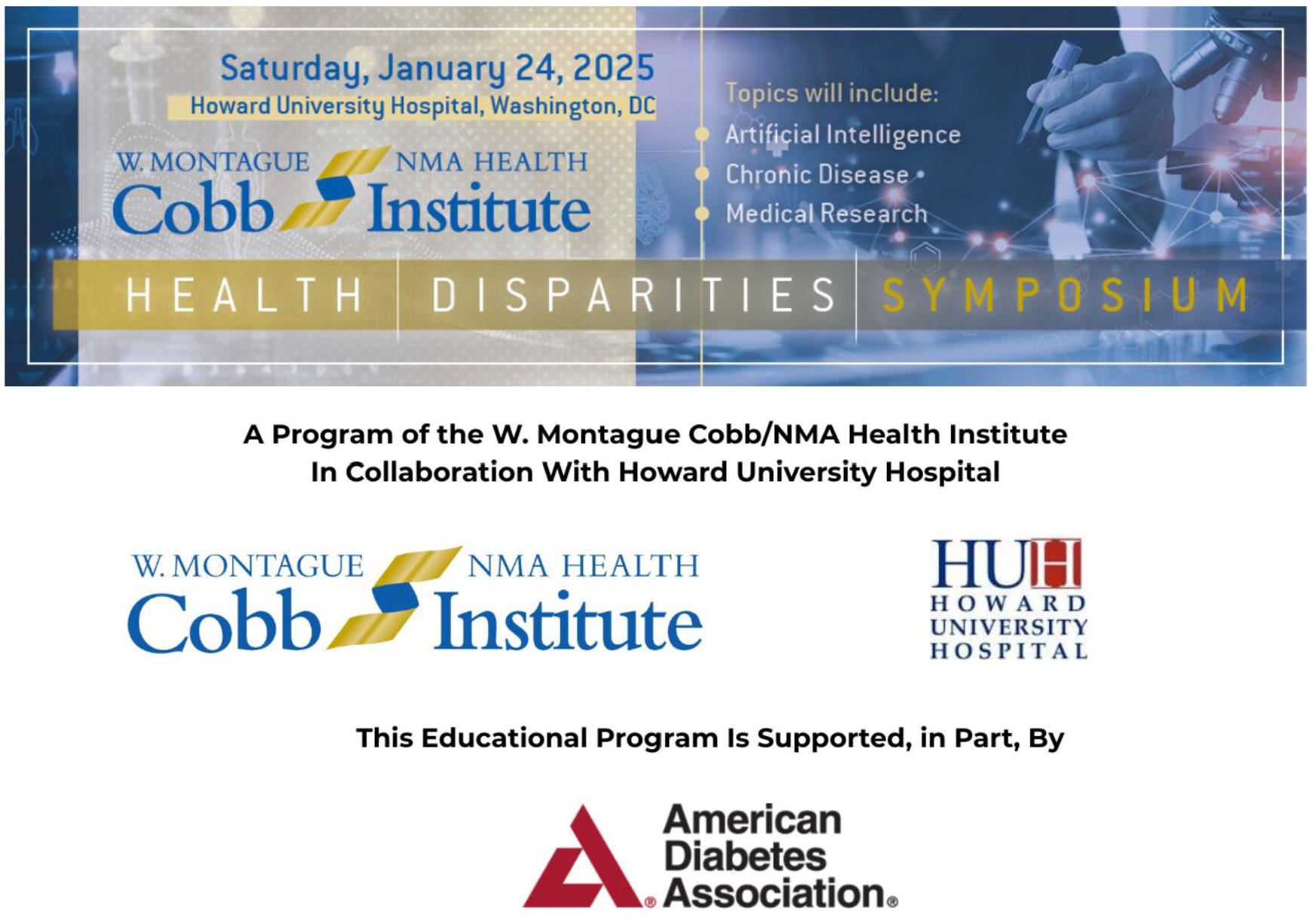Thank you! Your submission has been received!
Oops! Something went wrong while submitting the form
Thank you! Your submission has been received!
Oops! Something went wrong while submitting the form



Committed to addressing health disparities among racial and ethnic minorities since 2004
NASOMH’s strength is in its ability to work across multiple sectors using unified approaches that encompass but are not limited to the following: prevention, health promotion and education, care delivery, research and evaluation, and partnerships to specifically meet the needs of racial and ethnic minority communities, tribal organizations and nations to eliminate disparities and ensure cultural competence in health care. Learn more
To provide leadership in transforming the health of racial and ethnic minority communities, tribal organizations, and nations.
To promote and protect the health of racial and ethnic minority communities, tribal organizations, and nations by preventing disease and injury and assuring optimal health and well-being.

We are committed to the elimination of health and health care disparities for racial and ethnic minority communities, tribal organizations, and nations by working to advance policy, data, research, and programs that address socioeconomic determinants of health.
We seek to build the capacity of national, state, and local governments and communities to raise awareness of and to achieve health equity and eliminate health disparities.
We are committed to engaging and empowering racial and ethnic communities, tribal organizations, and nations innovatively addressing minority health and health disparities issues.
Lorem ipsum dolor sit amet, consectetur adipiscing elit. Suspendisse varius enim in eros.
Lorem ipsum dolor sit amet, consectetur adipiscing elit. Suspendisse varius enim in eros.
Lorem ipsum dolor sit amet, consectetur adipiscing elit. Suspendisse varius enim in eros.